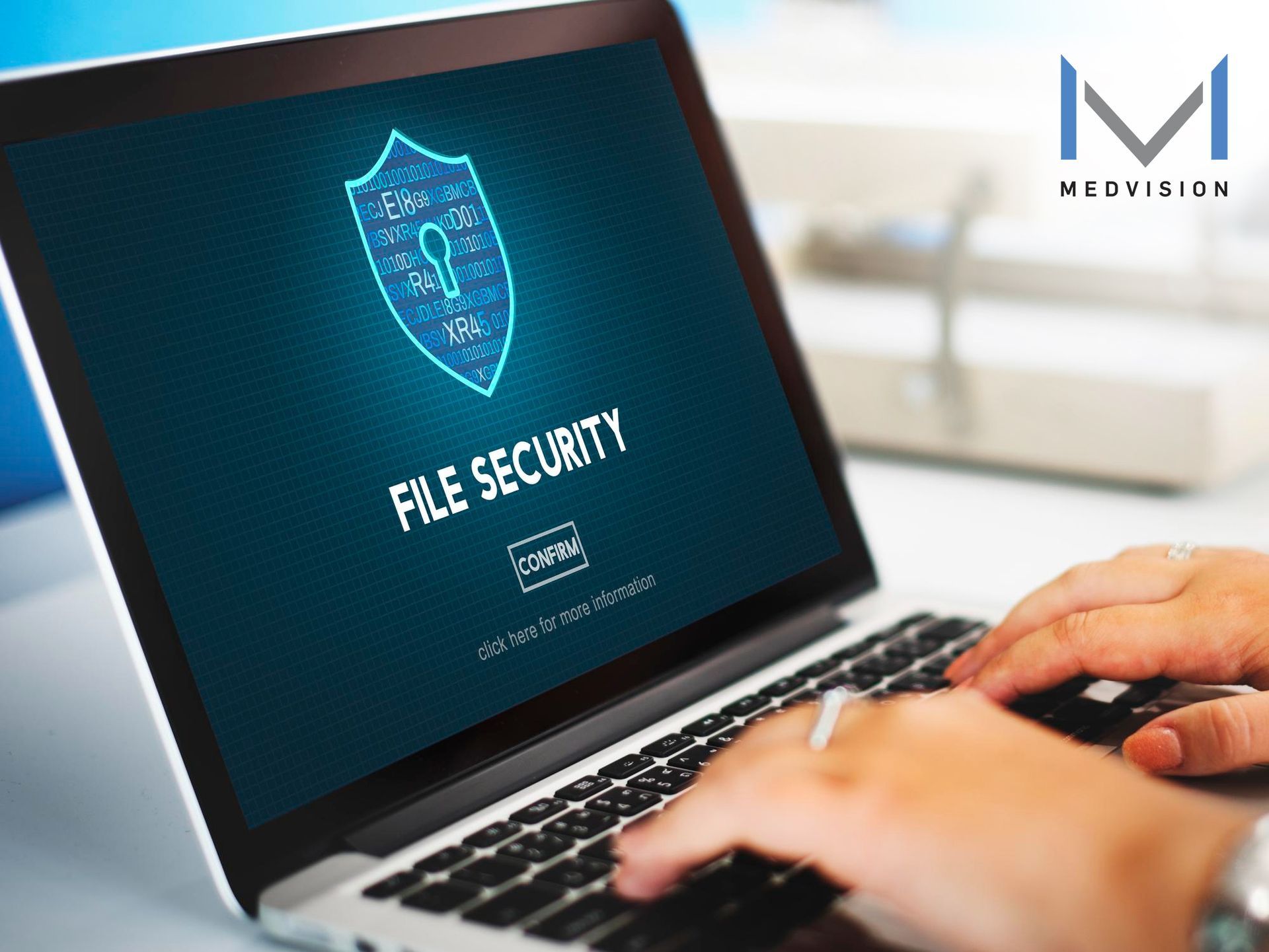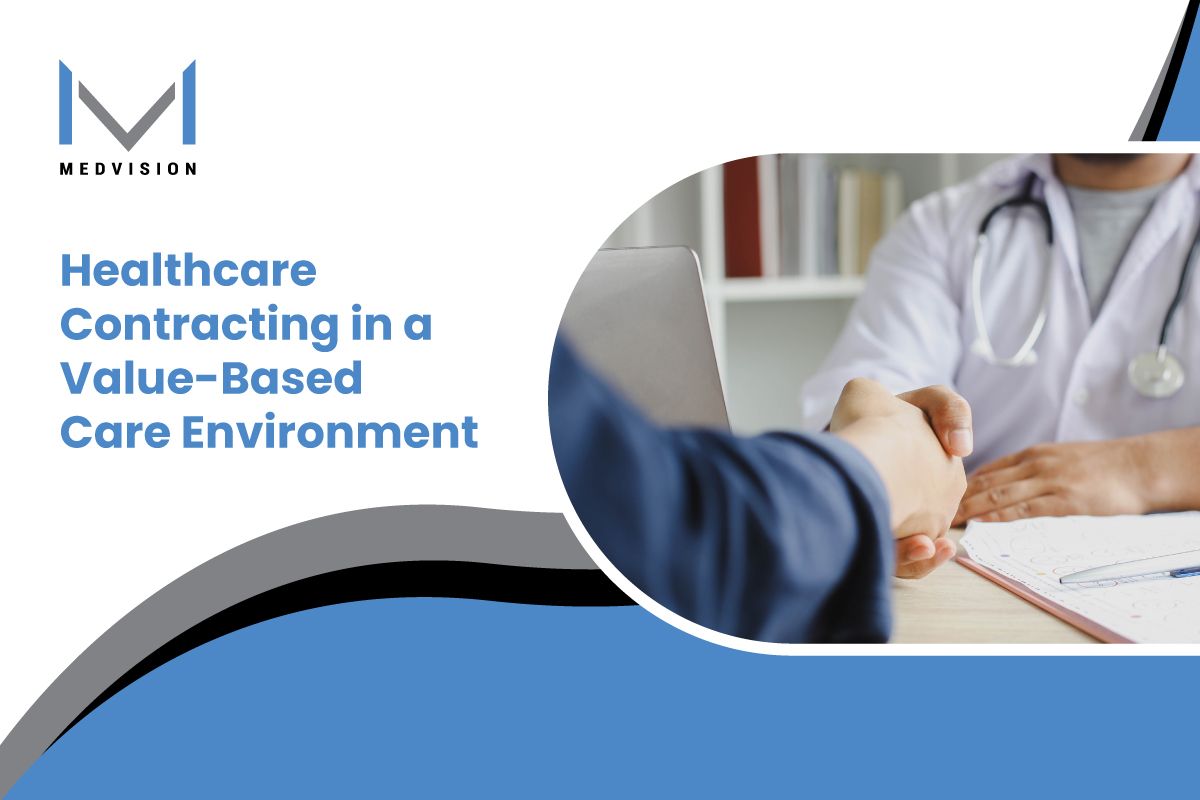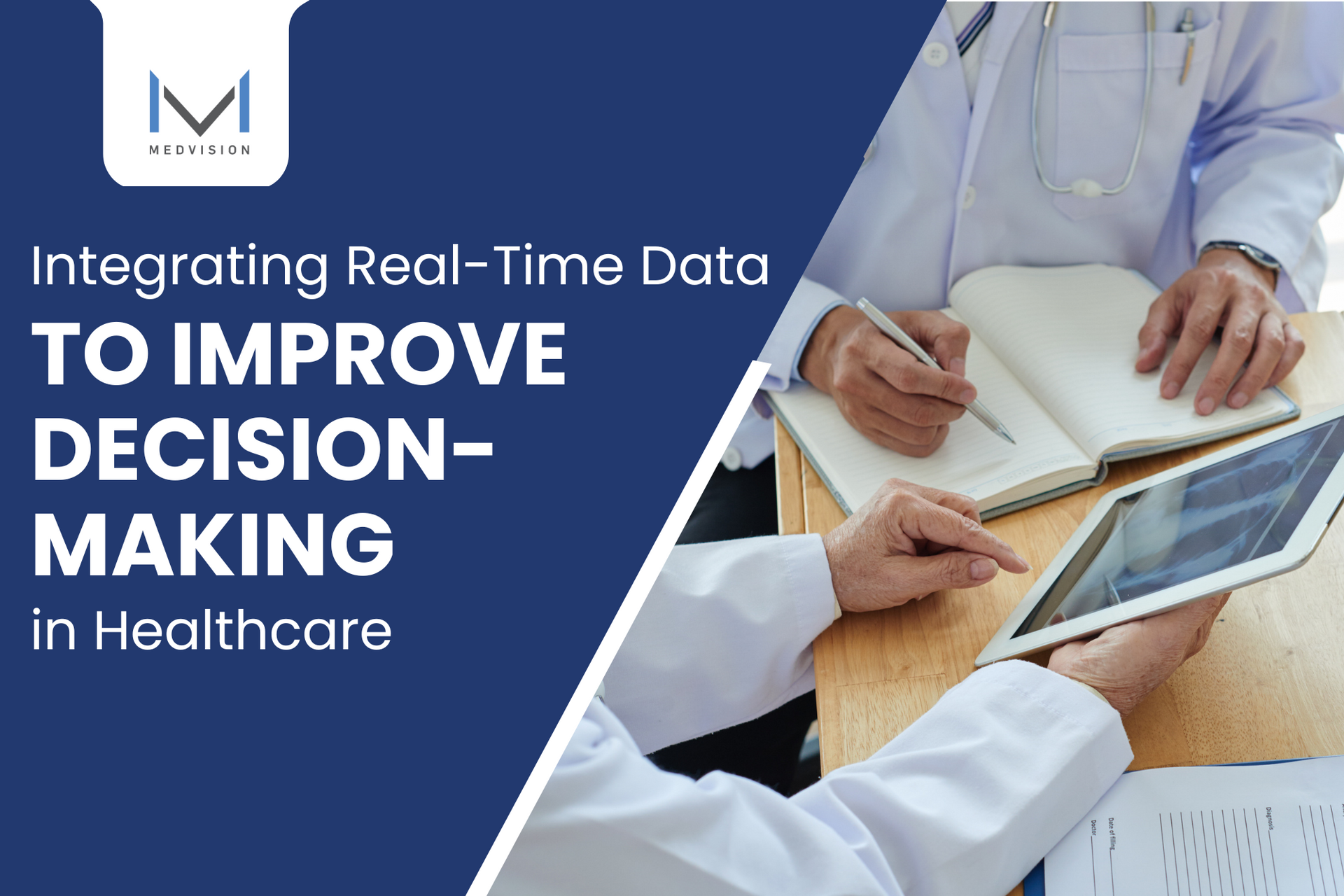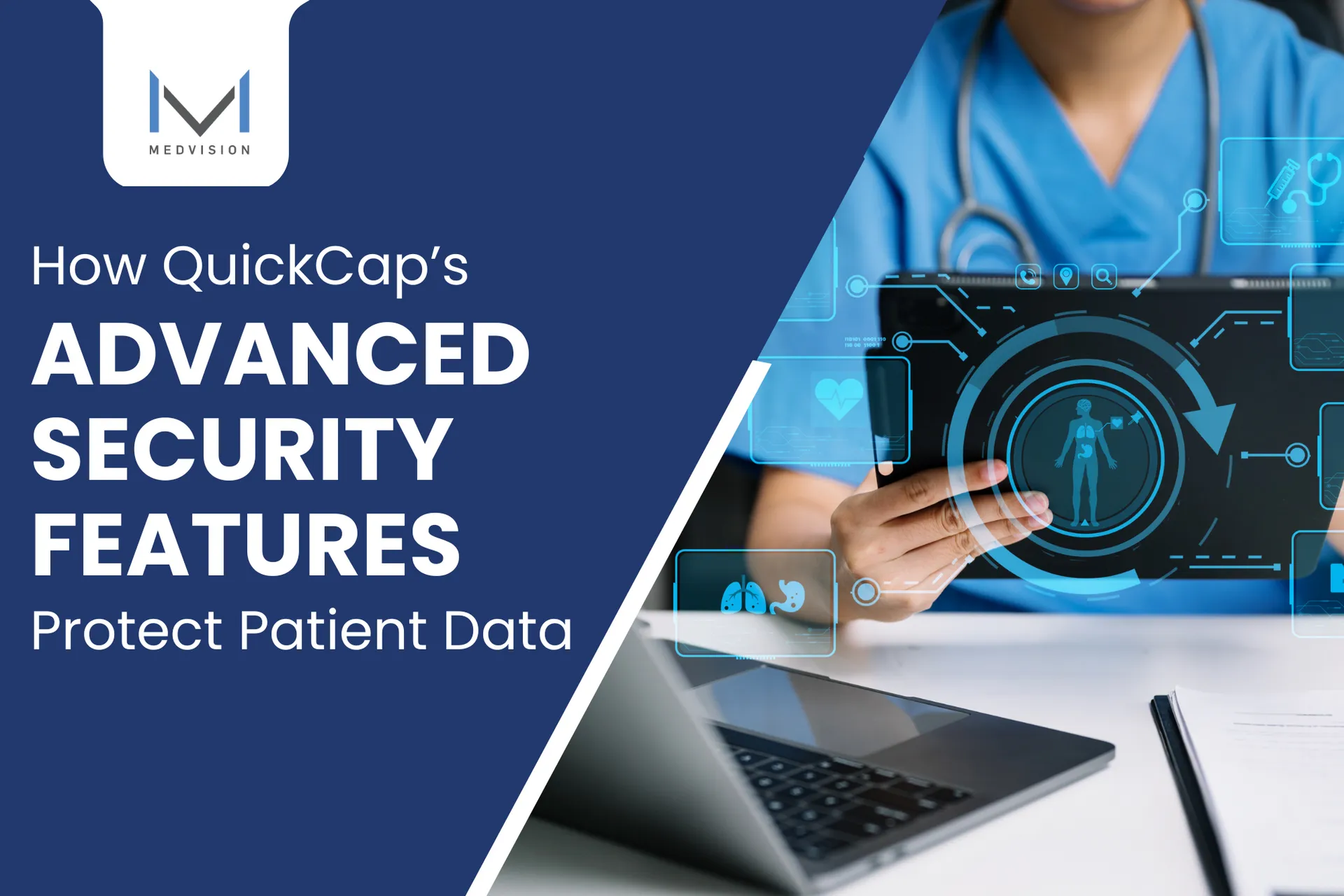5 Digital Measures for Healthcare Data Security and Privacy
The significance of healthcare data security and privacy has become increasingly crucial with the rise of digital healthcare data collection and storage. This makes healthcare data more accessible to all relevant parties, but it also increases vulnerability to data breaches and privacy violations. It’s more critical now than ever for healthcare providers to take preventative measures to safeguard their patients' information.
Read More:
What Is EDI Compliance and Why Is It Important?

The Importance of Strong Data Security and Privacy in Healthcare
Strong data security and privacy are essential to maintaining trust between doctors and patients. When patients feel confident that their health information is safe and secure, they are more likely to be open and honest with their doctors. This leads to better health outcomes.
Patients also value access to their health data. When they can easily access and share their information with their healthcare providers, they feel more empowered and engaged in their care. By prioritizing data security and privacy, healthcare providers can build stronger relationships with their patients and foster a culture of trust and transparency.
Read More:
ACO REACH: Enable Healthcare Access Through Telemedicine
Proactive Steps for Healthcare Practices to Take to Ensure Data Privacy and Security
Data privacy and security are critical concerns for patients and practices alike. With cyber threats and data breaches rising, it's essential to take proactive steps to protect sensitive health information.
1. Data Encryption
One cannot overstate the importance of healthcare data encryption. Now that electronic health records (EHRs) are more prevalent, providers must implement systems that protect sensitive patient information from unauthorized access in place. Encryption is a powerful tool that can assist in achieving this goal by converting data into a format that only authorized individuals can read.
This technology protects against hackers or cybercriminals who may attempt to gain access to sensitive healthcare data. By using encryption, healthcare organizations can safeguard data privacy and security and maintain trust with their patients.
2. Access Control
Role-based access and strong password management policies are critical components of healthcare data security. They govern who can access specific information, how accessible it is, and what actions can be taken once access is granted.
Strong password management policies and two-factor authentication provide additional data security and privacy against unauthorized access to systems and data. By implementing robust access controls and authentication measures, healthcare organizations can mitigate the risk of data breaches and safeguard patient information.
3. Security and Privacy Audits
Regular security audits are essential to any organization's cybersecurity strategy. By conducting regular audits, businesses can identify potential vulnerabilities and weaknesses in your systems and address them before cybercriminals exploit them. Security audits also provide valuable insights into an organization's overall security posture, helping them improve their security practices and better protect sensitive data.
4. Data Backups
Data backups are an important aspect of healthcare data security and privacy. In the event of a cyberattack, natural disaster, or other unforeseen incident, having a comprehensive backup strategy can mean the difference between losing critical patient data and being able to restore it quickly. Practices should conduct data backups regularly and store them in a secure, offsite location to ensure protection from cybercriminals and other potential threats.
5. Software Updates
Cybercriminals constantly identify and exploit software vulnerabilities as cyber threats evolve. Regular updates and patches help to address vulnerabilities and ensure that your systems are as secure as possible.
Read More:
Embedded EDI Capabilities to Facilitate Data Movement

Secure Your Healthcare Data with QuickCap7
Leading healthcare practices have a strong competitive advantage when data privacy and security frameworks are in place.
QuickCap7 (QC7) provides the essential tools to ensure that patient information remains safe and secure. With its
robust encryption features, QC7 safeguards patient data from unauthorized access, providing peace of mind for both patients and healthcare providers. Its
secure file-sharing
capabilities enable the seamless and secure exchange of information, while regular
security updates protect against the latest threats. With QC7 as your healthcare administration system, you can be confident that your patients' data is in good hands.
Ensure Strong Data Security and Privacy for Your Healthcare Practice Today!
References:
- World Economic Forum. “The Importance of Securing Healthcare Data for Patients,” n.d. https://www.weforum.org/agenda/2022/08/the-importance-of-securing-healthcare-data/.
- Nass, Sharyl J, Laura A Levit, and Lawrence O Gostin. “The Value and Importance of Health Information Privacy - Beyond the HIPAA Privacy Rule - NCBI Bookshelf.” The Value and Importance of Health Information Privacy - Beyond the HIPAA Privacy Rule - NCBI Bookshelf, January 1, 2009. https://www.ncbi.nlm.nih.gov/books/NBK9579/.
- 5 Reasons Patient Data Privacy And Control Is Vital. “5 Reasons Patient Data Privacy And Control Is Vital,” n.d. https://www.healthitoutcomes.com/doc/reasons-patient-data-privacy-and-control-is-vital-0001.
Recently published articles
Keep in touch
Subscribe to get the latest update
Trending topics
Share your insights on social media
Upcoming events and company news


















